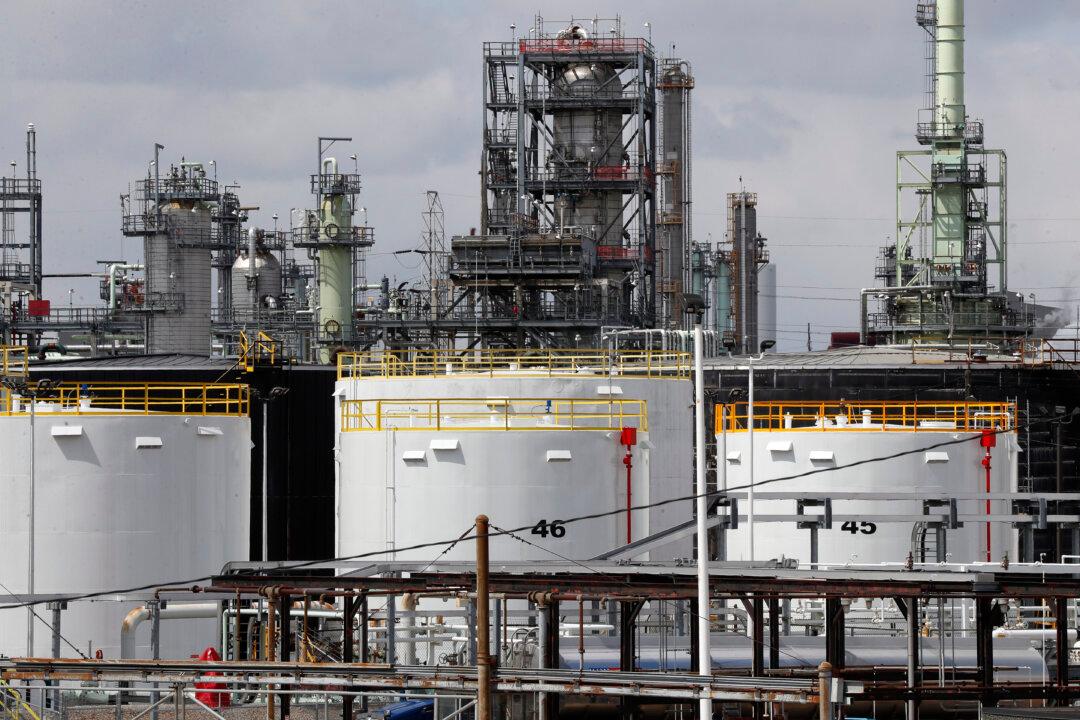The aid that the feds have on the table so far for the oil and gas sector is certainly not the “big bazooka.” It represents an incremental step in the right direction, but it’s being received with mixed feelings mainly because it lacks sufficient firepower.
Finance Minister Bill Morneau had been promising something for the beleaguered industry, saying a few weeks ago that it was imminent.
“They are going to need a bridge through this time and credit availability. In many cases, it will be challenging. That’s what we’re trying to ensure that we’re there to provide,” he said in an interview with BNN Bloomberg on April 17 after the government’s support package for the energy sector was announced.
In addition to trying to tide businesses over until the CCP (Chinese Communist Party) virus, commonly known as novel coronavirus, pandemic passes, the bailout aims to steer activity in the sector toward the Liberals’ goal of protecting the environment.
The centrepiece of the government’s bailout is a well-received $1.72 billion for cleaning up abandoned wells. This is good for the servicing companies, although it wouldn’t do much for the producers. Another $750 million is pledged to help companies take steps to reduce methane emissions. The government expects that these measures will help retain and create about 10,000 well-paying jobs.
But the industry is calling for support in the magnitude of $15 billion to $30 billion, and Alberta senator Doug Black told The Epoch Times that the $14 billion bailout of GM and Chrysler in 2009 is a fair benchmark.
When the automotive industry’s survival in Canada was threatened during the financial crisis, the government of Canada stepped up, Black said.
“Alberta [also] recognized the automotive industry is important to Canada, and we could not let it fail,” Black said. “And that is a very good model and I think that the Government of Canada, as I’ve indicated, needs to step up.”
Significant Sector for Canada’s Federation
Jack Mintz, President’s Fellow at the University of Calgary’s School of Public Policy, reiterates that Canada is a federation. “We should be helping each other in dire times,” he told The Epoch Times.
Alberta, Saskatchewan, and Newfoundland and Labrador are getting hit both from COVID-19 and the crash in crude prices. In good times, taxes from oil revenue can be significant contributions to federal coffers.





